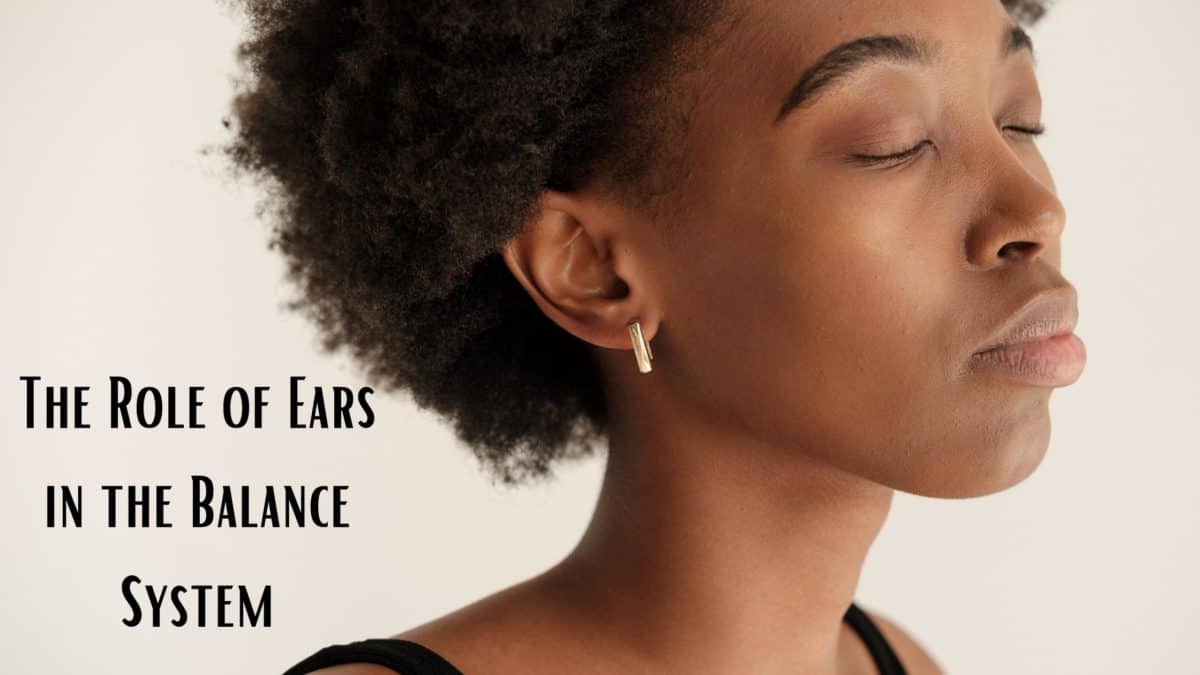
The Role of Ears in the Balance System
Humans have the remarkable ability to stand upright on two feet, with a center of balance roughly midway between the bottoms of the feet and the top of the head. This feat of physics is akin to balancing a rolling pin on its end, and it is remarkable that we can remain upright as well as we do. Although balancing on two feet is the rule, some circumstances make balance difficult, and many people have balance disorders, as well. The feeling of equilibrium is a process achieved in the cerebellum based on sensory data from many parts of the body including the ears, eyes, muscles, and joints. These different parts of the body work together to produce the sense that one will not fall over.
When you lose your balance, one or more of these sensory features is sending a message to the brain to take precautionary measures, preventing injury from a fall. If you have ever become dizzy, you might have noticed yourself putting out your hands to the sides and even reaching for solid objects to hold onto. These automatic reactions are evidence that the brain is receiving a message that a fall might occur, and it sends a pre-cognitive message to the rest of the body to be on high alert.
Although this mechanism is quite helpful in the event of an actual fall, those with balance disorders are sometimes sending these messages when there is no threat present. Although they are sitting or lying down in a safe position, the brain is sending messages that a fall is immanent.
Let’s consider the role of one part of the body—the ears—in sending these messages. In the right circumstances, they can prevent serious injuries, but when a balance disorder occurs, some false messaging is happening between the vestibular system of the ears and the cerebellum. The good news is that treatment is out there for people with balance dysfunctions, so be sure to contact your doctor right away if you are experiencing symptoms of dizziness, vertigo, or falls.
Equilibrium and the Vestibular System
One of the bodily systems responsible for maintaining balance is the vestibular system of the inner ear. On both sides of the head, these chambers are filled with sensors and fluid that monitor the pressure against their surfaces. These canals and chambers, called the otolith organs, provide constant feedback to the cerebellum in the brain about head movement. Small crystals called otoconia are displaced when the head moves, and that motion is sensed by tiny hairs on the walls of these canals and chambers. With surfaces pointing in every direction, they are able to detect motion forward, backward, up, down, and tilts side to side. If you have ever vigorously shaken your head, the rush you felt afterward was in part due to the messaging from the vestibular system to the brain that lots of motion was happening at once.
When you lie down or look in a direction, the message is sent that something has changed. When that change leads to a new stable position, the brain reestablishes equilibrium, or balance. If that change leads to another sequence of changes of moves, or if the change is abrupt and extreme, the brain may not be able to maintain equilibrium. Although this function is essential to preventing injuries from falls, a balance disorder can send these signals even when a fall is not immanent. The ears are responsible for hearing, but they are also partially responsible for maintaining balance.
Balance Disorders
If you have been experiencing dizziness, vertigo, or falls due to imbalance, the first step is to contact your doctor for diagnosis. It is possible that something has been disrupted in your vestibular system that is sending the false signal of an impending fall. When you doctor diagnoses these possibilities, they may notice other issues with ear health, including hearing loss or tinnitus. Although they are not always related, the conditions of vertigo, hearing loss, and tinnitus can go hand-in-hand. In addition to a diagnosis of your balance issues, a hearing test is also wise at the same time. This test will be used to establish if multiple issues are occurring in the ears and vestibular system at the same time.
